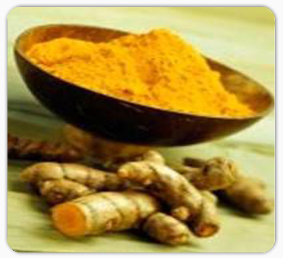From the American Journal of Cardiology, April 2012
More great research results on the Chinese herb curcumae!
This herbal remedy was yet again put to the test, this time in a study on patients who had coronary artery bypass grafting.

Also known as Yu Jin or Tuber Curcumae, (curcuma), this remarkable herbal supplement has been used in Chinese medicine for centuries. Curcumae, found in tumeric, has been extensively studied for its blood moving abilities.
It is well established that myocardial infarction, (heart attacks) are associated with a coronary artery bypass grafting procedure. As a result of the poor outcomes of patients who have this grafting procedure, a study on the Chinese herb curcumae was undertaken to evaluate whether this Chinese herbal remedy for blood stasis could be considered a cardio-protective therapy.
"Previous studies have shown that curcuminoids decrease proinflammatory cytokines during cardiopulmonary bypass surgery and decrease the occurrence of cardiomyocytic apoptosis after cardiac ischemia/reperfusion injury in animal models."
The aim of this study done was to evaluate whether curcuminoids, one of the chemical constiuients in curcumae could prevent heart attackes compared to a placebo.
The conclusion: 4 grams of curcumin per day demonstrated a significant decrease in heart attacks after bypass grafting, compared with a placebo. Postoperative C-reactive protein, levels were also lower in the curcuminoid than in the placebo group.
The antioxidant and anti-inflammatory effects of curcuminoids may account for their cardioprotective effects shown in this study
Reference: Study Evaluated Effects of Curcuminoids on Acute Myocardial Infarction
Wongcharoen W, Jai-aue S, Phrommintikul A, et al. Effects of curcuminoids on frequency of acute myocardial infarction after coronary artery bypass grafting. Am J Cardiol. April 3, 2012;[epub ahead of print]. doi: 10.1016/j.amjcard.2012.02.043.

